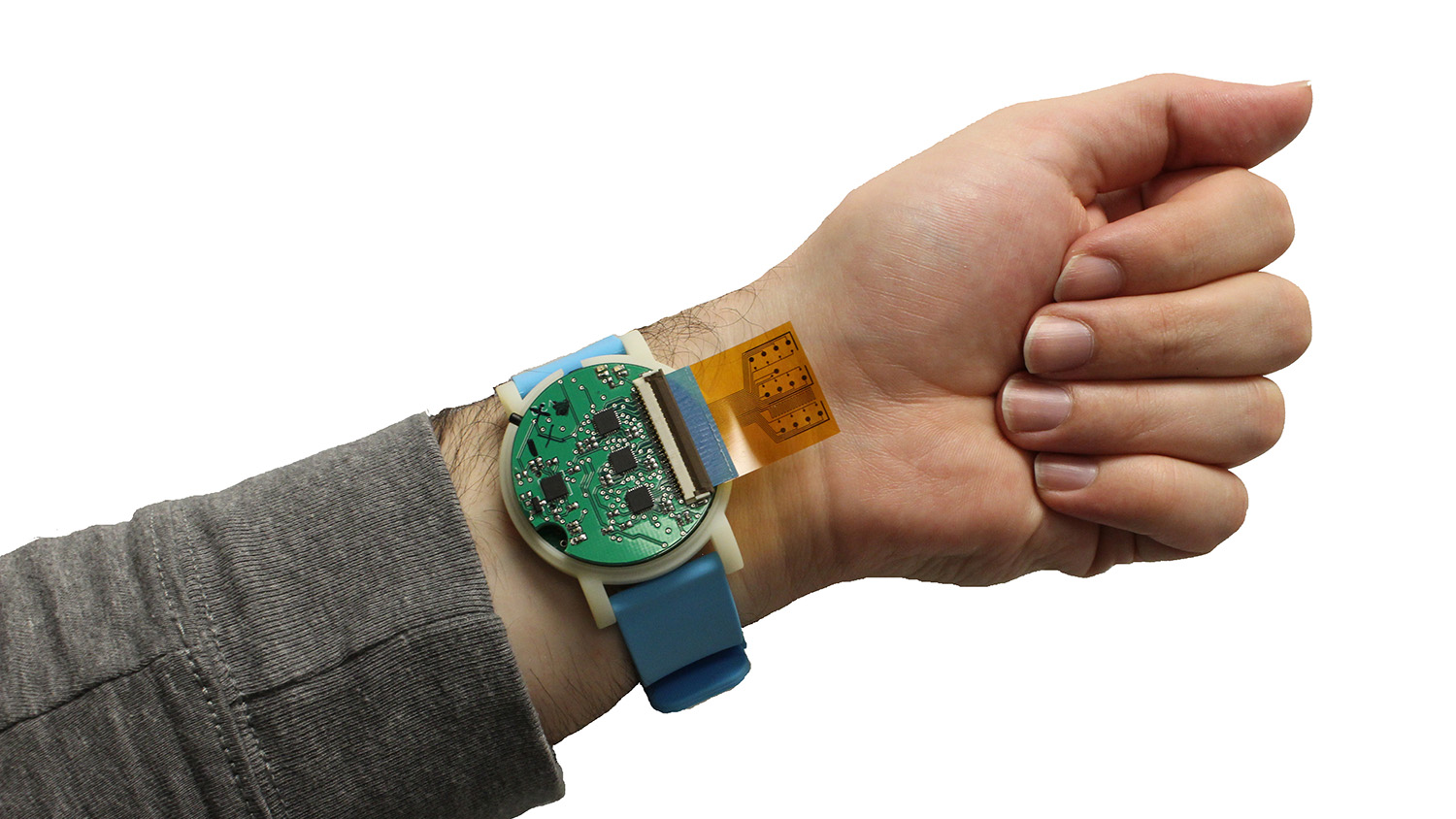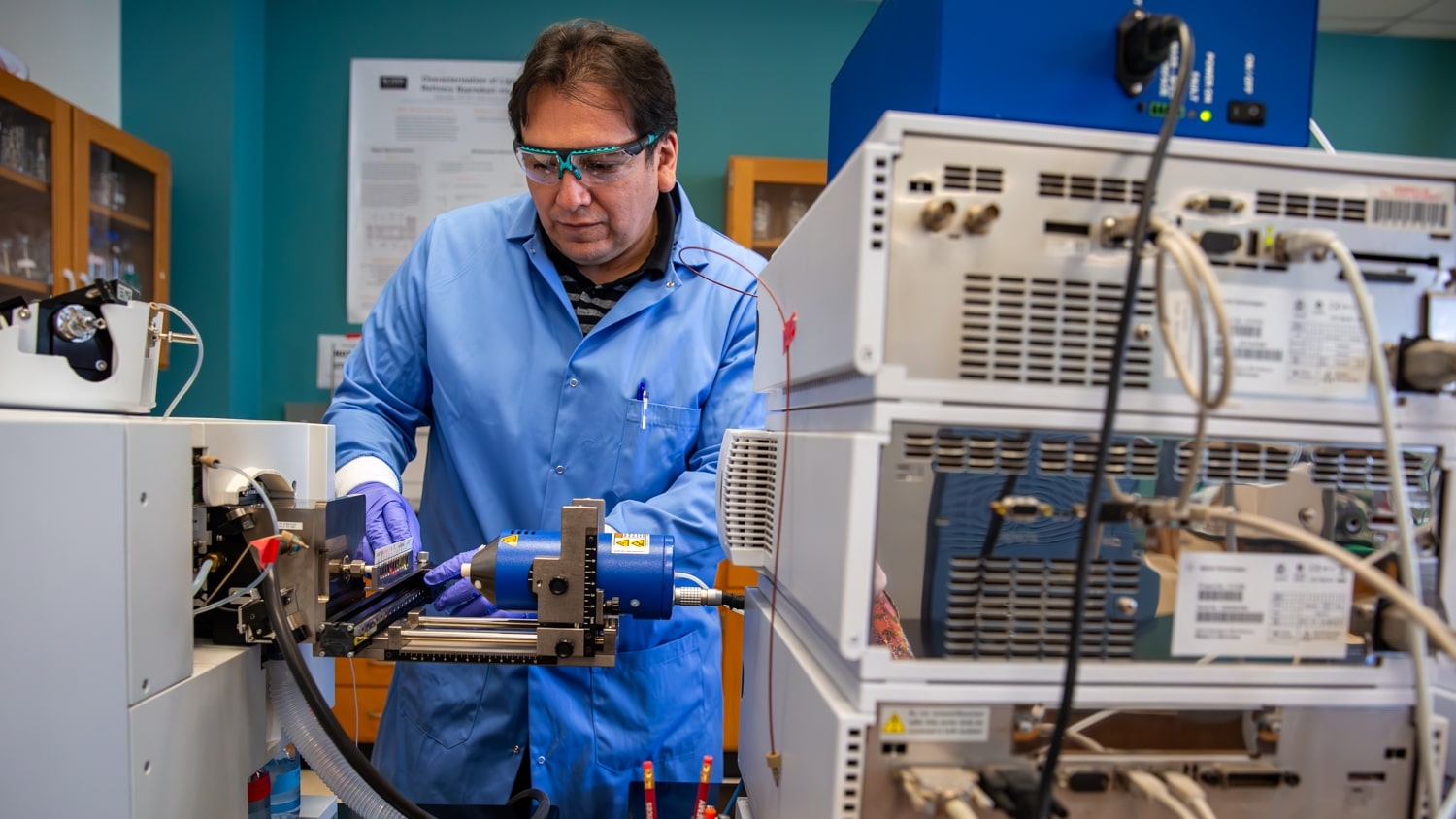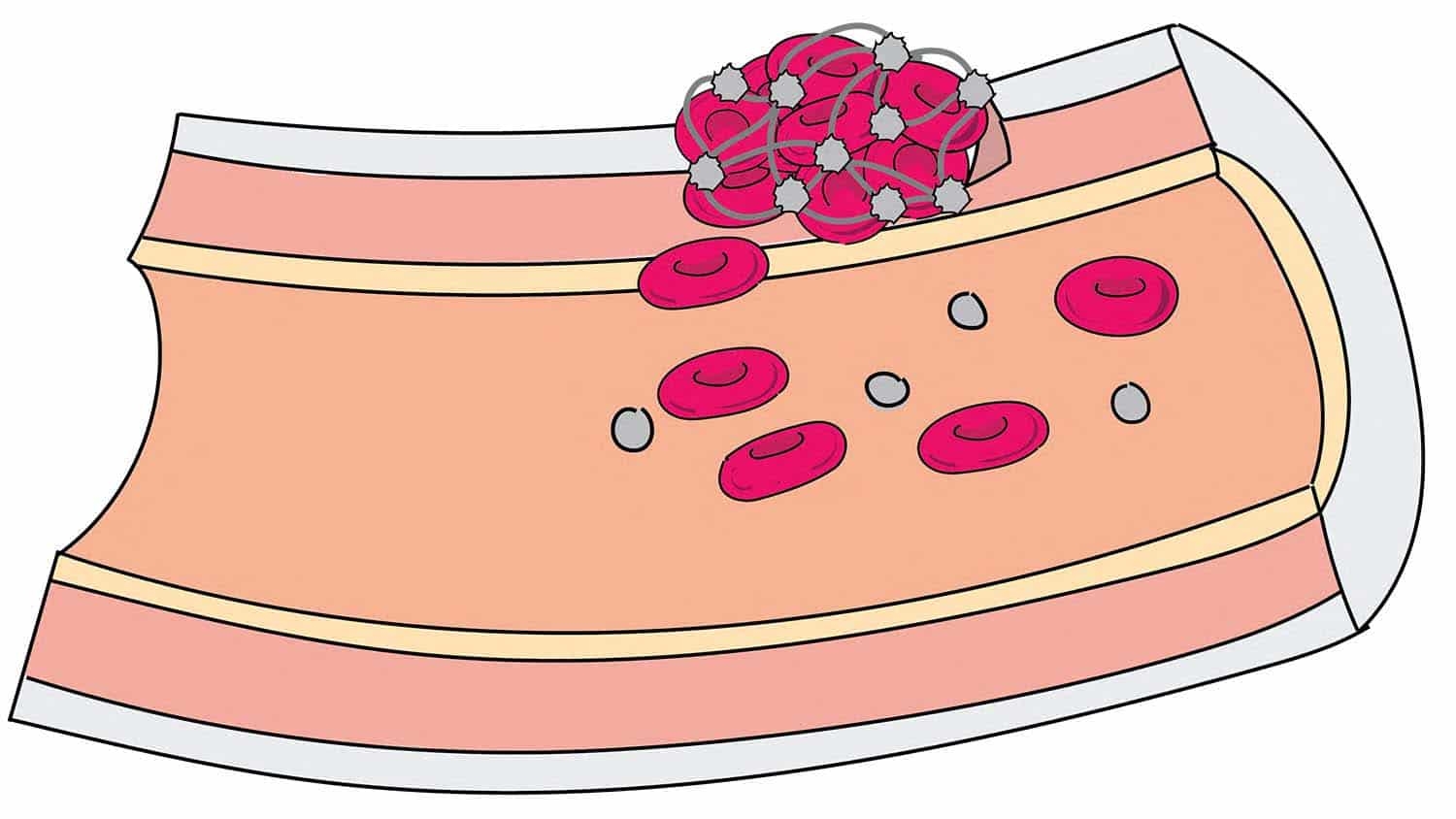BME receives $4.6M RERC grant to assist stroke survivors with research in wearable technology

Department of Biomedical Engineering
Despite rehabilitation efforts to promote recovery through therapy, the average stroke patient can experience persistent impairment of sensory and motor functions. Due to these challenges, the effects of having a stroke remain the leading cause of long-term disability in adults in the U.S. A newly funded Rehabilitation Engineering Research Center (RERC) in Assisting Stroke Survivors with Engineering Technology (ASSET) aims to mitigate long-term effects through focused research and development on wearable assistive devices. These devices are different from standard stroke patient therapy in that they are designed to restore the function of movement in an assistive manner, which permits device users to regain control of the movement of their limbs.
Leading this center initiative is Associate Professor Derek Kamper, principal investigator, and director for ASSET RERC. The center was recently funded by the National Institute on Disability, Independent Living, and Rehabilitation Research (NIDILRR) for a five-year period at $925,000 per year and is the first NIDILRR-funded research center in North Carolina. The center involves several members of Joint BME’s Closed Loop Engineering for Advanced Rehabilitation core (CLEAR), which include investigators from NC State’s College of Engineering, the Department of Statistics, the Department of Psychology and UNC-Chapel Hill’s School of Medicine. The center, together with the CLEAR core, seeks to improve technology and methods for integrating human-machine interactions into the daily lives of patients. Their mission is to use rehabilitation technologies to alleviate operational challenges and enhance physical abilities in individuals with disabilities.
The grant is a CLEAR core milestone, as it is the first center grant obtained by the group. Previously, rehabilitation engineering was identified by NC State College of Engineering as a focused-research area and this newly-funded center will help establish the success of rehabilitation research in North Carolina. ASSET RERC will additionally strengthen collaborations between UNC-Chapel Hill and NC State and establish CLEAR and the Research Triangle as a hub for rehabilitation research.
This post was originally published in the Department of Biomedical Engineering.
- Categories:


